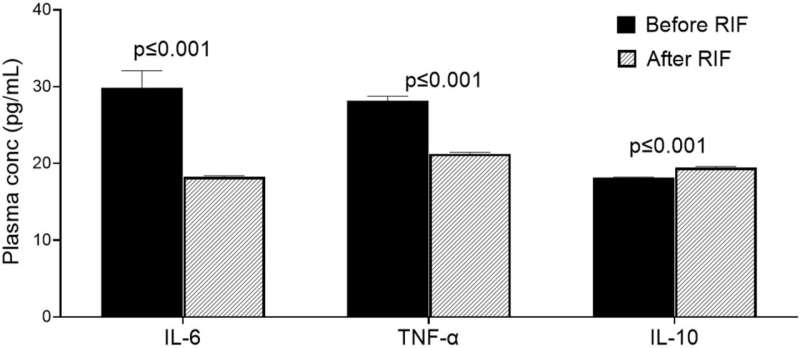This article has been reviewed according to Science X's editorial process and policies. Editors have highlighted the following attributes while ensuring the content's credibility:
fact-checked
peer-reviewed publication
trusted source
proofread
Ramadan fasting may protect patients with heart problems, say researchers

Those observing Ramadan may have their cholesterol, other lipids, and inflammatory markers in their blood reduced, albeit temporarily. This is the conclusion of a group of scientists examining the model of Ramadan Intermittent Fasting (RIF) in overweight and obese people.
Their findings suggest that RIF is associated with improvements in blood lipids and the level of fatty compounds called ceramides and sphingolipids in the blood, as well as temporal protection against cardiometabolic risk factors.
"RIF is associated with improvements in plasma sphingosine, sphinganine sphingomyelin, and dihydrosphingomyelin lipid species," the scientists write in their study published in Scientific Reports.
The study, conducted jointly by scientists from the University of Sharjah in the United Arab Emirates, the U.S. University of Utah, and Jordan's Jordan University, also notes "improved lipid profile and inflammatory markers, which may confer short-term protection against cardiometabolic problems in patients with overweight/obesity."
There is a growing body of literature associating Intermittent Fasting (IF) with metabolic alterations, the changes in chemical reactions that occur in our bodies when converting body-stored fats into energy. Alterations in a body's metabolism affect a person's health and can be markers of various diseases, including cancer and heart problems.
"Intermittent fasting (IF) is associated with enormous metabolic alterations that underpin its diverse health effects. Changes in lipid metabolism, particularly ceramides and other sphingolipids are among the most notable of these alterations," they write.
In their review of the literature, the authors endow IF with "a wide spectrum of positive effects on aging and neurodegenerative diseases, cardiometabolic dysfunction, and vascular problems." However, they see RIF as one of the most used types of IF in the world with Muslims worldwide considering observance of Ramadan a pillar of their faith.
The authors execute their study prior to, during, and after Ramadan, a 29–30-day holy month in the Muslim lunar calendar. Their data is derived from their examination of the health conditions of their 57 respondents.
RIF is a special type of intermittent fasting during which fasting Muslims refrain from eating, drinking (including water), smoking, or engaging in sexual activities from pre-dawn to sunset.
The fasting duration differs depending on geographical location, but it is generally estimated to last between 12-17 hours a day. The daily average fasting duration for Muslims worldwide is reported to be approximately 15 hours per day, depending on location.
However, liberal and non-restricted eating is permissible during the night corresponding to 12-17 hours of daily fasting time determined by the solar season crossing the lunar month of Ramadan.
"We compared the studied variables for each participant before and after or at the end of Ramadan, meaning each participant served as his control. Participants did not receive any recommendations for dietary, lifestyle, or physical activity changes at any stage during this study," the authors point out.
A cohort of 57 healthy but overweight and obese adults, 40 males and 17 females, with an age range of 18-58, comprise the sample.
However, the females were merely observed 23-25 days of fasting as Muslim Jurisdiction forbids fasting during menstruation. The sample only includes adults, as children are exempt from Ramadan fasting.
Due to the diversified demographic nature of the U.A.E., the sample includes adult expatriates from countries like Palestine, Syria, Jordan, Lebanon, Sudan, and Egypt as well.
Throughout the observation period, "anthropometric, biochemical (lipid profile, glycemic, and inflammatory markers), and dietary intake measurements were taken," the authors emphasize, adding the respondents were instructed to continue with their habitual exercise level since extra physical activity might have intervened in their biochemical measurement.
They find RIF to be "associated with reduced body mass and fat mass independent of changes in calorie intake," with the fasting regime resulting in a reduction of the total amount of cholesterol. The blood tests known as "inflammatory markers" show RIF to be associated with a reduction in getting afflicted with body inflammations normally caused by diseases such as auto-immune conditions and cancers.
More information: Mohamed Ibrahim Madkour et al, Publisher Correction: Ramadan intermittent fasting is associated with ameliorated inflammatory markers and improved plasma sphingolipids/ceramides in subjects with obesity: lipidomics analysis, Scientific Reports (2023). DOI: 10.1038/s41598-023-48849-0




















